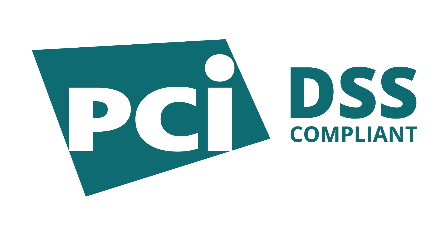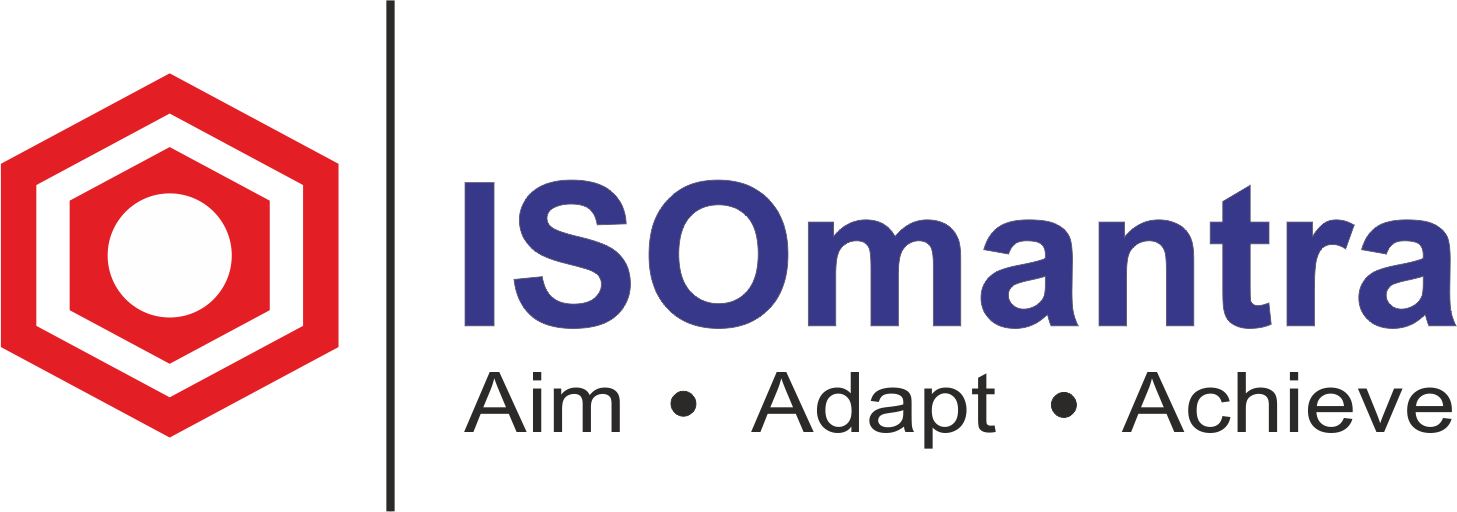Governance Regulatory and Compliance Practice | Regulatory Compliance services Mumbai India | Regulatory Compliance services | Regulatory and Compliance Advisory Mumbai, India

In the auditing world, a SOC1 audit report is referred to as a report on the internal controls over financial reporting of the service organisation (ICFR). In order to obtain a SOC1 Attestation, an independent CPA firm must conduct an audit. Receiving SOC 1 certification for your service organisation demonstrates your organization’s commitment to maintaining the integrity of its controls, information technology, networks and systems. A SOC1 audit can be divided into two categories: SOC1 Type I and SOC1 Type II. While the SOC1 Type I report verifies the design and implementation of internal controls at a Service Organization that are related to financial transactions, the SOC1 Type II report verifies the operational effectiveness of internal controls that have been designed and implemented at organisations.
SOC2 Advisory and Attestation
Specifically, a SOC2 Audit is a report that contains details of the evaluation of the service organization’s internal controls, policies, and procedures in relation to the American Institute of Certified Public Accountants’ Trust Service Criteria. There are several types of reports that can be generated to ensure that the controls in place at the service organisation are appropriate and effective in terms of security, availability, processing integrity, confidentiality, and privacy protections. In most cases, an audit report will assist the client in making a decision on which service organisation to collaborate with in order to achieve their goals.

The Sarbanes-Oxley Act Section 404, also known as SOX Compliance or SOX 404, is a stringent protocol for internal controls that affect financial reporting and security in publicly traded companies. It was established as a stringent protocol for internal controls in publicly traded companies that affect financial reporting and security. The Act was passed in the wake of a growing number of financial scandals in the financial services industry. Public companies are required to provide evidence of accurate and data-secure financial reporting in order to comply with the annual audit requirement, which is known as compliance. Compliance regulates the financial operations and disclosures of corporate entities, as well as any financial service providers that they have contracted with on their behalf. At ISOmantra, our SOX compliance experts can assist your organisation with the implementation and ongoing maintenance of SOX compliance programmes.
We can assist your team with the process of conducting a SOX Audit by utilising proven methodologies of assessment and implementation, such as scoping, risk assessments, documentation, and SOX Compliance testing, among others. Our methodologies are based on the best practises and techniques available in the industry today. With the use of a risk-based approach, we can identify internal controls over financial reporting risks, effectively address those risks, and support the implementation of those controls with a well-tested control architecture. Our team will collaborate closely with your organisation to provide tailored services that meet your specific SOX compliance requirements on time and within budget, while maintaining the highest level of quality.

The Payment Card Industry Data Security Standard (PCI DSS) is a set of Information Security Standards that was created in 2004 by major credit card companies, including Visa, MasterCard, Discover Financial Services, JCB International, and American Express, as part of the Payment Card Industry Data Security Initiative. The primary goal of the Standard, which is overseen by the Payment Card Industry Security Standards Council (PCI SSC), is to protect the transaction process of credit card and debit card transactions from theft or fraud. The PCI SSC oversees the Standard. Though not a legal requirement, the established Standard is necessary to protect cardholder information as well as debit/credit card transactions, despite the fact that it is not. A PCI DSS audit is required of all businesses that accept or process debit or credit card payments on an annual basis as a result of this. Typically, this would include an audit of security controls and processes, which would include data security issues such as data retention and encryption as well as physical security issues such as authentication and access control management, among other things.
PCI PIN Advisory and Certification
A Payment Card Industry PIN (PCI PIN) is a Security Standard developed by the PCI Council to protect PIN data in the payment processing industry. A set of requirements for the secure management, processing, and transmission of personal identification numbers (PINs) during card transactions conducted both online and offline are established by the directive, which can be found here. For the purpose of ensuring that PIN data is not compromised during the process of electronic payment, particularly during the key exchange process, there are a total of 33 requirements laid out in seven logically related groups known as Control Objectives. It is primarily concerned with safeguarding all types of POS (point-of-sale) devices and terminals, including those that are attended or manned by merchants, as well as Unattended Payment Terminals (UPT) devices, such as parking payment automatic machines, that accept credit card payments. PCI Security Standards are applicable to offline payment card transactions processed at ATMs and attended / unattended point of sale terminals, as well as e-commerce transactions, in addition to online transactions.
PCI SSF Advisory & Certification
The PCI Software Security Framework (SSF), which was published by the PCI Security Standards Council in the year 2019, is intended to ensure the secure design and development of payment software during the development process. The PCI Security Standards Framework (PCI SSF) is a new security standard that was developed with the goal of improving the security of payment application software. As far as increasing the security of payment applications and ensuring the reliability of online payment transactions in general is concerned, this represents a significant step forward. It is now possible to meet the security requirements of both modern and traditional payment software applications as a result of the implementation of this new framework. It provides payment software developers and maintainers with a comprehensive security standard for developing and maintaining payment software that protects financial transactions. The SSF was created to help these individuals. Moreover, it contributes to the prevention of data vulnerabilities and the establishment of a robust defence against cyber attacks. It is a methodology that allows for the development of robust security development practises in the financial services industry, as defined by the PCI Security Standards Foundation. There are two distinct and independent programmes that make up the PCI Security Standard Framework, each of which has its own set of standard requirements, validation criteria, and SSC listing, in addition to its own set of validation criteria. The two programmes in question are the Secure Software Lifecycle Program (SSL) and the Secure Software Standard (SSS) (SSS). Vendors will have to evaluate and determine which standards are applicable to their products and services in order to be in compliance with either of the two PCI SSF programmes.

COSO is the framework to use if your organisation wants to define internal controls that are driven by business objectives rather than regulatory requirements. An organisation can use COSO to define policies, procedures, and processes for all aspects of business, thereby assisting in the transition from a people-dependent to a system-based approach to A system of governance that ensures ethical behaviour, integrity, and protection from fraud. COSO is an acronym that stands for the Committee on Standards for Organizations.
Following the definition of business objectives, the framework allows you to define and continuously improve organisational processes, with the ultimate goal of ensuring the interest of all stakeholders.
In ISOmantra, we have assisted several organisations in implementing COSO, which has resulted in them being able to manage enterprise risk more proactively. We use a structured approach that begins with defining the business objectives and progresses from there.
A typical COSO implementation entails rolling out 30 or more policies across the organisation, with compliance being measured on a monthly basis through the use of an annual compliance plan.

We provide HIPAA consulting services as well as implementation assistance. This includes the identification and assessment of EPHI in the network, risk assessment, vulnerability assessment, detail recommendations, policy/documentation support, gap implementation tracking, training, coaching data protection officers, internal audit, and management review, all of which will lead to successful HIPAA compliance and a secure environment.

Services
Corporate Compliance Advisory in India | Corporate Compliance Consultant in Mumbai India | Leading Compliance Advisory in India
Get in Touch With Us. Our Compliance Advisory services and Regulatory Compliance services – info@isomantra.com | +91 8928607277
ISOmantra Office Address – Suit # 58, Arihant Industrial Premises, Off Link Road, Goregaon West, Mumbai – 400 090. India Asia
Share this:
- Click to share on Twitter (Opens in new window)
- Click to share on Facebook (Opens in new window)
- Click to share on LinkedIn (Opens in new window)
- Click to share on WhatsApp (Opens in new window)
- Click to share on Pocket (Opens in new window)
- Click to share on Reddit (Opens in new window)
- Click to share on Pinterest (Opens in new window)
- Click to share on Tumblr (Opens in new window)
- Click to share on Telegram (Opens in new window)

